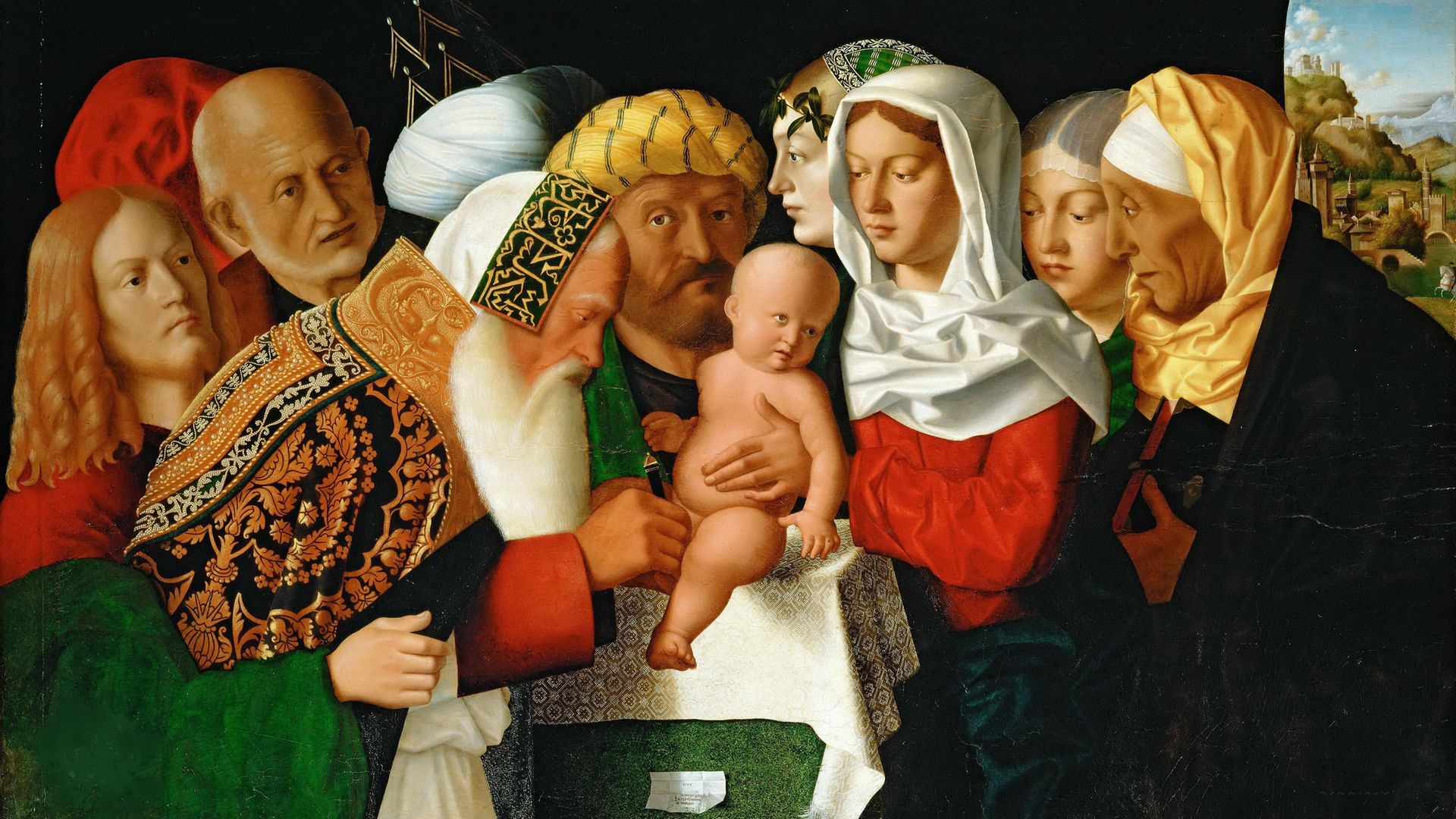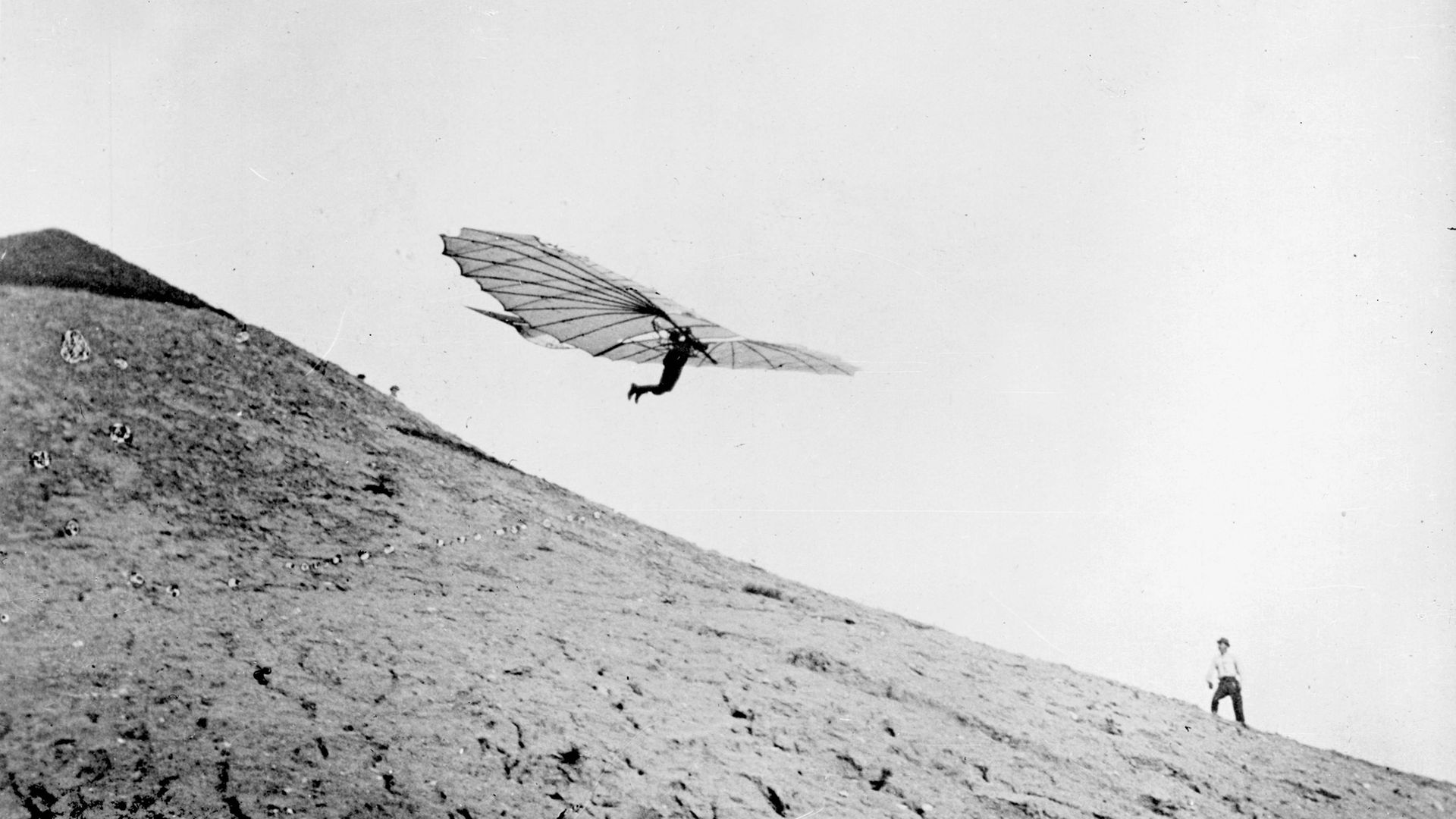According to Jewish tradition it is the closest male relative – but not the father – who holds the baby while he’s being circumcised. It’s a bizarre ritual, the so-called ‘bris’, and one that not even many contemporary Jews really cleave to. What’s it for? Who knows – some say it’s to control male sexuality, since circumcised men feel less sexual pleasure. Conversely, some women I know maintain that they experience more pleasure making love with a man who has a circumcised penis – and indeed this, together with some latent sense of Jewish identity that caused my nephew’s mother to organise his bris.
This was all many years ago – but it was an unforgettable experience: under instruction by the mohel (the circumciser, who is usually a rabbi as well), I held the baby, legs akimbo, in my lap. This meant that his penis was aligned with my own, inducing a certain amount of queasiness when the mohel first pulled up the infant’s foreskin, then attached a clamp to hold the stretched flesh in place, and then with no more ado lopped it off neatly with a scalpel. The sheer amount of blood was a shock – yet more shocking still was the mohel bending down to have a suck. In the Jewish-American idiom that has become universal: I kid you not – this is indeed a mandated part of the ritual.
However, most shocking of all was the mohel’s conformity to an ugly Jewish stereotype: arriving in regulation dusty-black antiquated top-coat and wide-brimmed high-crowned black hat, he didn’t say hello, but instead looked rapidly about my brother and sister-in-law’s flat, his payess shaking like a retriever’s ears, before demanding: “So how much did you pay for this place, a hundred grand or more like one-fifty?” Like I say, it was all a long time ago – and even central London property was a lot cheaper, but some things never change.
My late mother was always at pains to expose the old slur that Jews are only interested in money. We grew up in North London surrounded by Jews who did in some cases evince the same sort of obsession with bling and the getting of it that you now see portrayed in a slew of reality TV shows focussed on the getting and owning of luxury real estate. We lived not far from the Bishop’s Avenue in North London, at that time regularly featured in the media as ‘Britain’s richest road’. It looked – and still looks – more like something near Beverley Hills than East Finchley: replica French chateaus and Palladian country houses set in acres of gardens. And yes, quite a few of them were owned by Jewish bankers and property tycoons.
My mother was also always at pains to point out that if the Jews had ended up being overly concerned with money, its getting and husbanding, then this was because the gentiles had forced us to become usurers, so that they could carry on both salving their consciences and waging their wars.
She also gave me Michael Gold’s Jews without Money as a corrective to this opulence – and I read about the teeming hordes of East European Jewish immigrants, who lived and died in dire poverty on the lower East Side of New York. I wouldn’t go so far as to say that Mum gave out that she, too, had experienced this hardscrabble childhood – but neither did she go so far as to admit that she’d grown up in the suburb of Kew Gardens, in the New York borough of Queens; a distinctly middle-to-lower-middle class environment, not unlike… East Finchley.
And nor did my mother have me circumcised, which was why, when it came to my nephew’s bris, I felt quite so uncomfortable: it was as if the mohel was cutting off my foreskin as well. Quite possibly it’s this strange shadow circumcision that’s left me with such vacillating sense of my own Jewish identity: sometimes it’s present to me, sometimes it’s not. And let’s be perfectly frank about this: the times when I feel negative about that identity are when Jews conform to their negative stereotype. I can’t be alone in this – not just people of mixed heritage, but people of minority cultures generally must also feel the same way: offence modulating into a painful sort of self-erasure. Where does end? Quite possibly with black people deliberately dancing badly – and Jews becoming downwardly mobile.
There are two reality shows about high-end estate agents at the moment – Luxe Listings Sydney airs on Amazon Prime, and Selling Sunset on Netflix. Although set in cities on the other side of the world from each other, both feature hustling brothers of Jewish heritage 100% committed to maximising profit. It’s as if the nightmarish stereotype the mohel embodied had gone global… Or is it?
After all, no one else is obsessed by the fact that these shmucks are Jews. I mean, there was an interview in the Jewish Chronicle with one of the ‘stars’ of Selling Sunset, but it wasn’t one of the Oppenheim Brothers, but one of their employees, Maya Vander. And what the Chronicle writer was keen to emphasise was not Vander’s Jewish heritage, but her Israeli roots.



